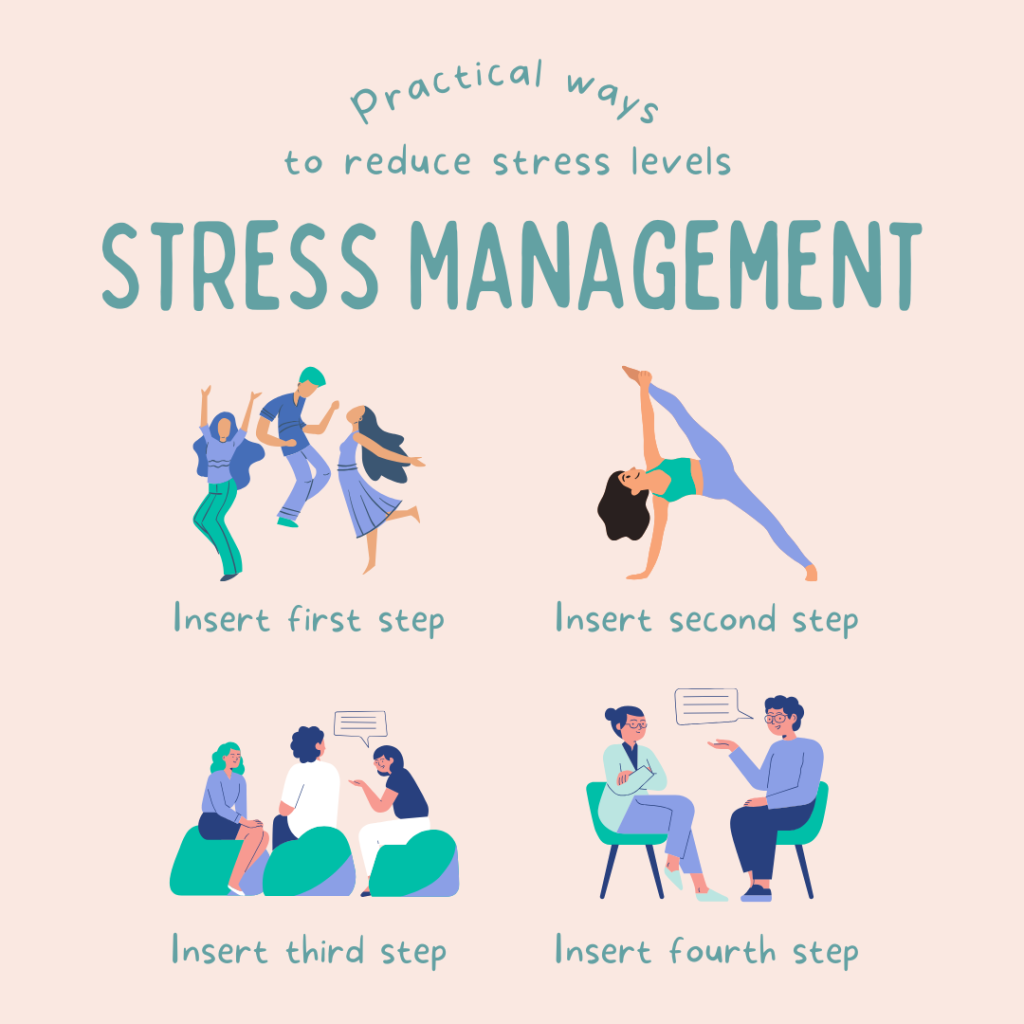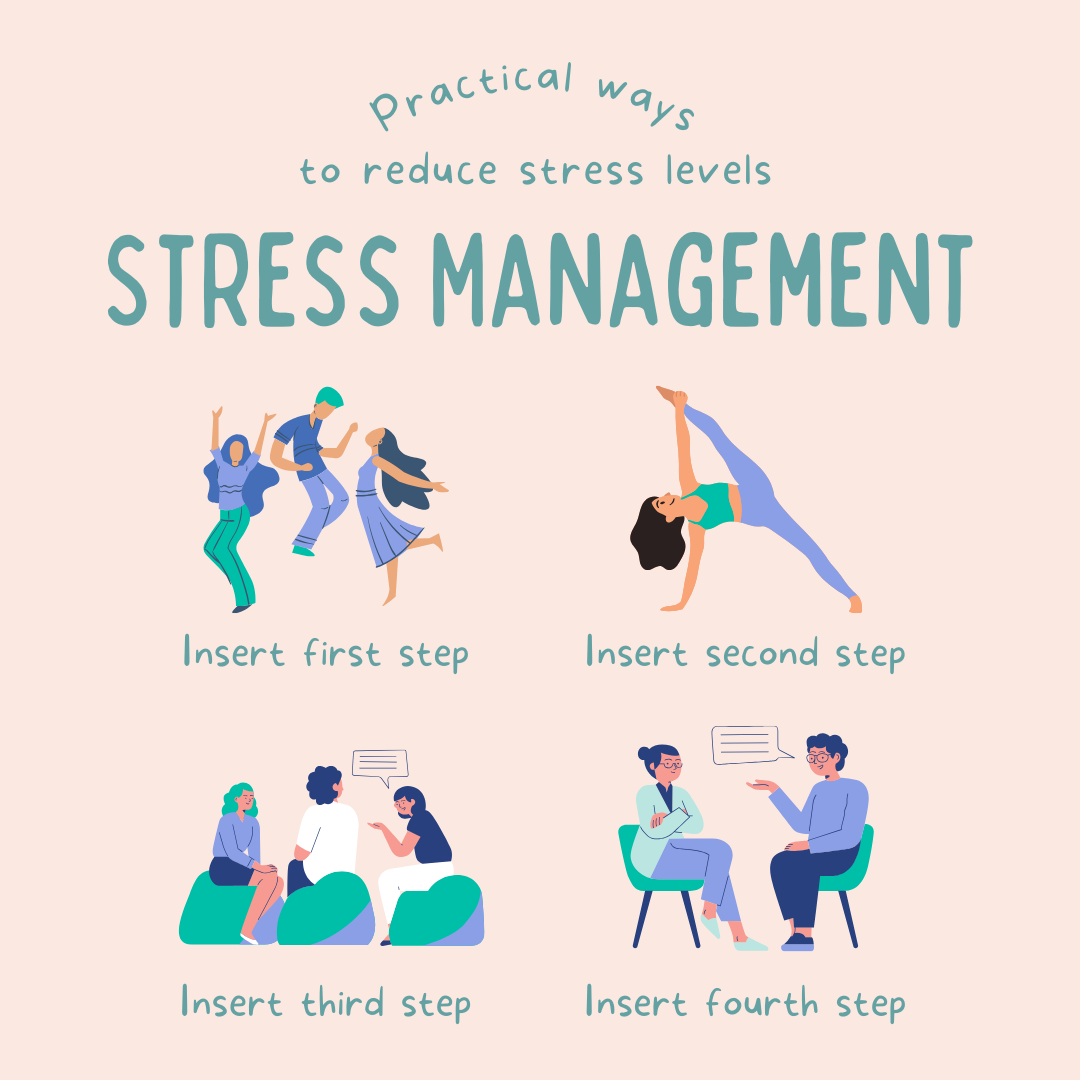Your immune system is one aspect of your physical and mental health that can be negatively impacted by ongoing stress. Stress chemicals like cortisol, which are released by the body when under stress, can weaken the immune system and raise the risk of infections. Thus, keeping a robust immune system requires efficient stress management:
Relaxation Methods: You can lower your stress levels and increase relaxation by using relaxation methods like yoga, meditation, and deep breathing. By triggering the body’s relaxation response, these methods mitigate the negative impact of stress on the immune system.
Sufficient Sleep: Immune system performance and general health depend on sleep. Prolonged stress can cause sleep disorders and sleep deprivation, which can impair immunity. Make sure you get seven to nine hours of good sleep every night to help maintain the health of your immune system.
Good Lifestyle Practices: Developing good lifestyle practices, such as eating a well-balanced diet, drinking plenty of water, and engaging in regular exercise, can help lessen the negative effects of stress on the immune system. Living a healthy lifestyle gives the body the nourishment and energy it requires to handle stress better.
Social Support: You can lessen the negative effects of stress on your immune system by keeping up your social networks and asking friends, family, or a support group for assistance. Speaking with others about your thoughts and feelings can offer perspective and emotional support.
Time management: By prioritizing work, establishing reasonable goals, and avoiding over commitment, good time management can help lower stress. Another way to reduce stress and avoid burnout is to learn how to assign duties to others and say no when required.
You may lessen the detrimental effects of chronic stress on your health and strengthen your immune system by implementing stress management practices into your daily routine. Living a happier, healthier life can result from taking proactive measures to minimize stress.


